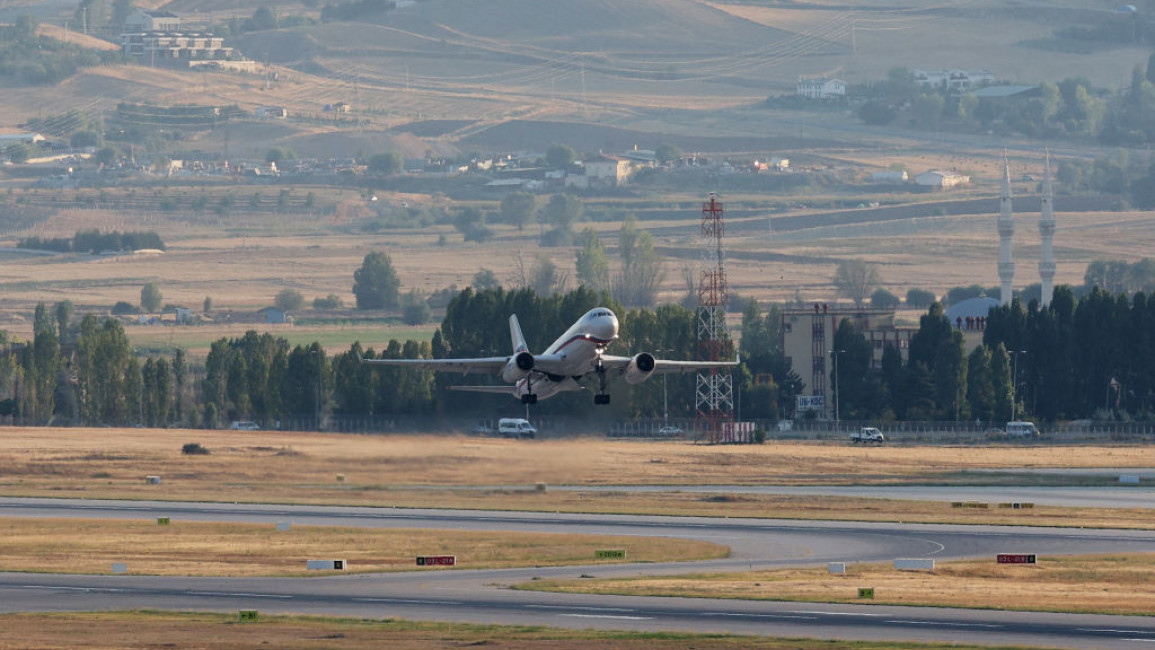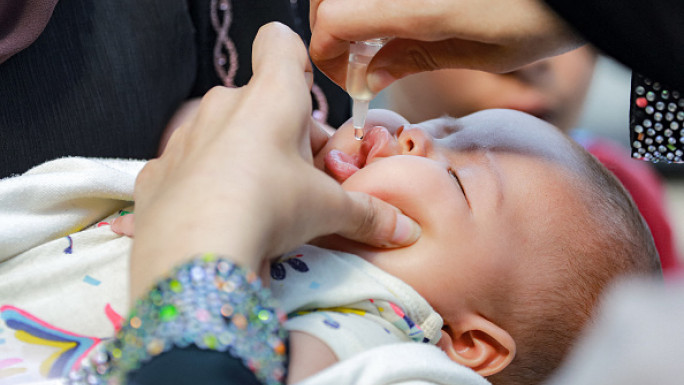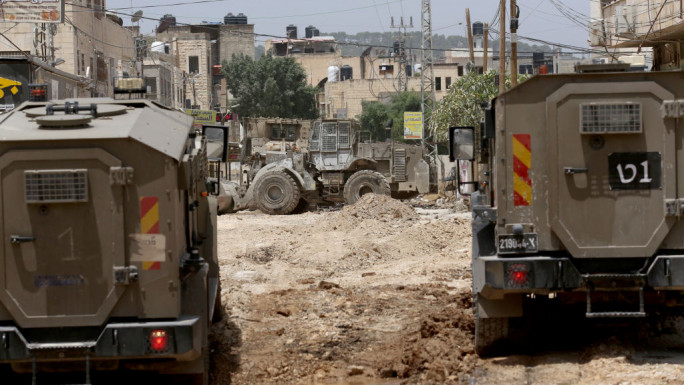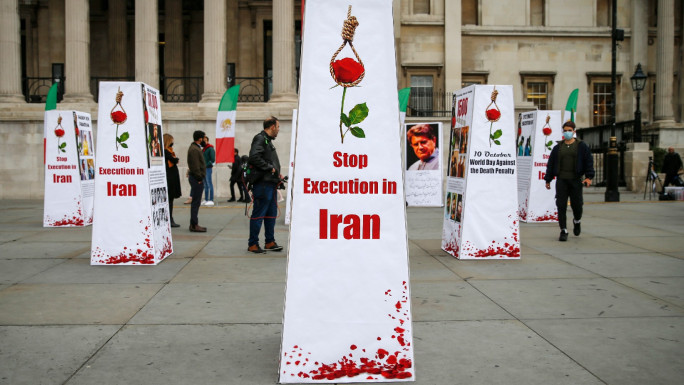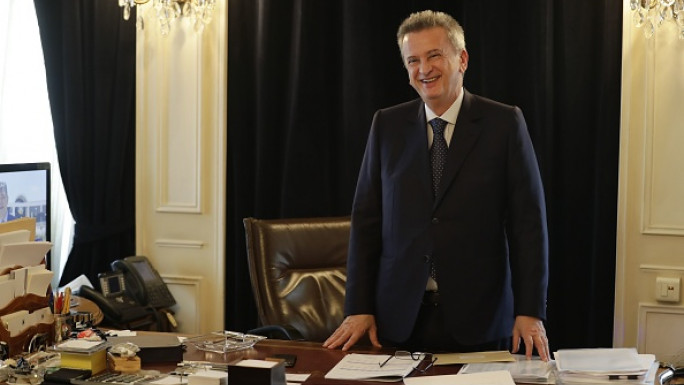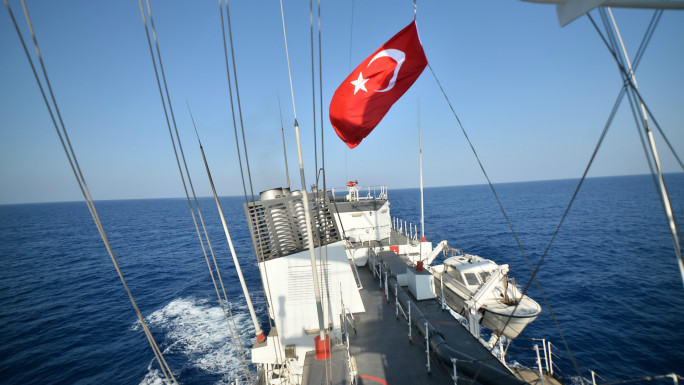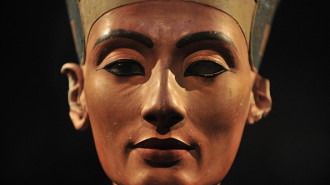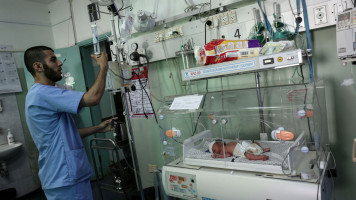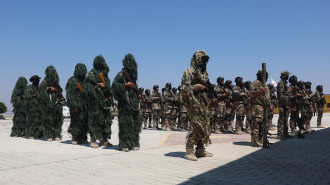Americans freed alongside Russian assassin in biggest post-Cold War prisoner swap
US journalist Evan Gershkovich and ex-US Marine Paul Whelan were released by Russia on Thursday as part of the biggest East-West prisoner exchange since the end of the Cold War, a complex deal negotiated in secrecy for more than a year.
The White House said the US had negotiated the trade with Russia, Germany and three other countries. It involved 24 prisoners, including 16 moving from Russia to the West and eight prisoners held in the West being sent back to Russia.
Germany confirmed they included Vadim Krasikov, convicted of murdering an exiled dissident in Berlin.
President Joe Biden hailed the deal as "a feat of diplomacy and friendship" and praised Washington's allies for their "bold and brave decisions".
"This would not have been possible without our allies," he said, adding: "Today is a powerful example of why it's vital to have friends in this world."
Biden said he owed a particular debt of gratitude to German Chancellor Olaf Scholz, who overcame his initial resistance to any release of Krasikov.
The deal provides the Biden administration with a marquee diplomatic success as the US presidential campaign, pitting Democratic Vice President Kamala Harris against former Republican President Donald Trump, enters its final months.
The multi-country deal appeared to be a one-time exchange that does not reset the antagonistic US-Russia relationship. Critics said the freeing of Russians convicted of serious crimes also could encourage more hostage-taking by US foes.
Trump, who said he did not have details of the swap, asked whether "murderers, killers, or thugs" were released. "Just curious because we never make good deals, at anything, but especially hostage swaps," he said on social media.
Also involved in the swap were Germany, Poland, Slovenia, Norway and Belarus. Turkey coordinated the exchange.
The Kremlin said Moscow's decision to pardon and free prisoners had been made in order to bring Russian captives home. "The decision to sign the (pardon) decrees was made with the aim of returning Russian citizens detained and imprisoned in foreign countries," it said in a statement.
Russian dissidents freed
The last major exchange between the United States and Russia in 2010 involved 14 prisoners.
In December 2022, Russia traded US basketball star Brittney Griner, sentenced to nine years for having vape cartridges containing cannabis oil in her luggage, for arms dealer Viktor Bout, who was serving a 25-year sentence in the US.
Krasikov is a colonel in the Russian FSB security service who was serving a life sentence in Germany for murdering an exiled Chechen-Georgian dissident in a Berlin park.
Russian President Vladimir Putin himself had indicated he wanted Krasikov back. The German government, commenting on the swap deal, said it was "not an easy decision" to free him.
Rico Krieger, a German sentenced to death in Belarus on terrorism charges, was pardoned by President Alexander Lukashenko, a close Putin ally, prior to being freed.
Also freed was Alsu Kurmasheva, a Russian-American journalist sentenced to 6-1/2 years in prison on 19 July, the same day as Gershkovich and Vladimir Kara-Murza, a Russian-British dissident and US resident serving 25 years for treason after saying in March 2022 that Putin was bombing Ukrainian homes, hospitals and schools.
Released along with them were human rights activist Oleg Orlov and Russian opposition politician Ilya Yashin.
Many of those freed had worked with Alexei Navalny, Russia's leading opposition figure, who died in unclear circumstances in an Arctic penal colony in February.
His widow Yulia Navalnaya, who has vowed to continue his work, hailed the releases as "a great happiness."
Little sign of broader US-Russia thaw
The exchange comes in the waning months of Biden's term in office after he stood down from his reelection bid, years marked by a sharp increase in tensions between the countries over Russia's invasion of Ukraine.
Relatives of some of the freed prisoners appeared at the White House with Biden as he announced the swap deal on Thursday. Biden also made calls to other family members who could not travel to Washington.
During his remarks, Biden led the singing of "Happy Birthday" to Alsu Kurmasheva's daughter.
Those released from the US were named as Roman Seleznev Vladislav Klyushin and Vadim Konoshchenok.
In the West, the dissidents are seen by governments and activists as wrongfully detained political prisoners. All have, for different reasons, been designated by Moscow as dangerous extremists.
A Slovenian court on Wednesday sentenced two Russians to time served for espionage and using fake identities, and said they would be deported. Both were among those returned to Russia, according to an official US list.
WSJ Editor in Chief Emma Tucker posted an open letter on the X platform that read: "Today is a joyous day for the safe return of our colleague Evan Gershkovich, who left a Russian aircraft moments ago in Turkey's capital, Ankara, as part of a prisoner swap with Russia.
"We are grateful to President Biden and his administration for working with persistence and determination to bring Evan home rather than see him shipped off to a Russian work camp for a crime he didn't commit."
(Reuters)
